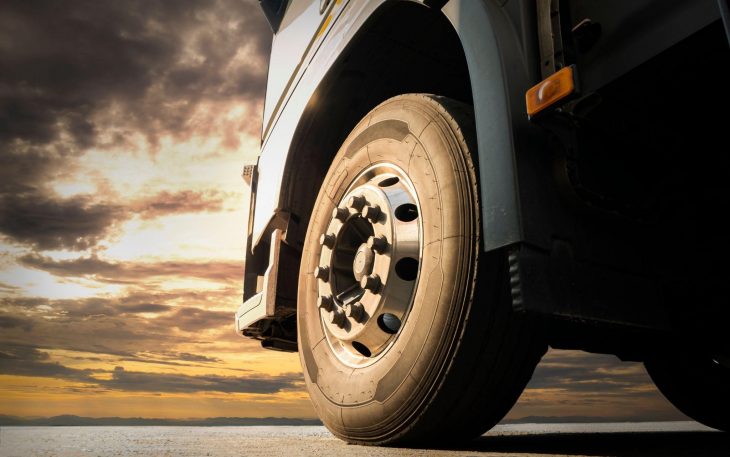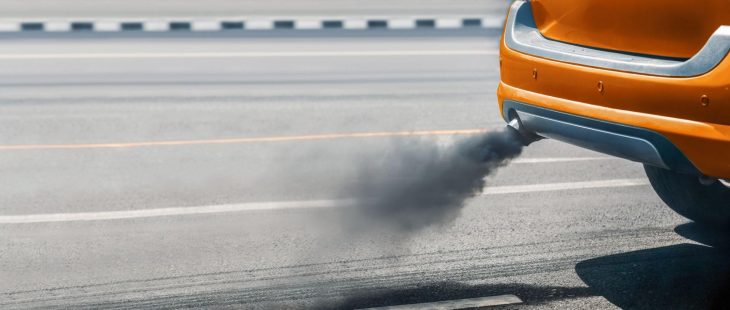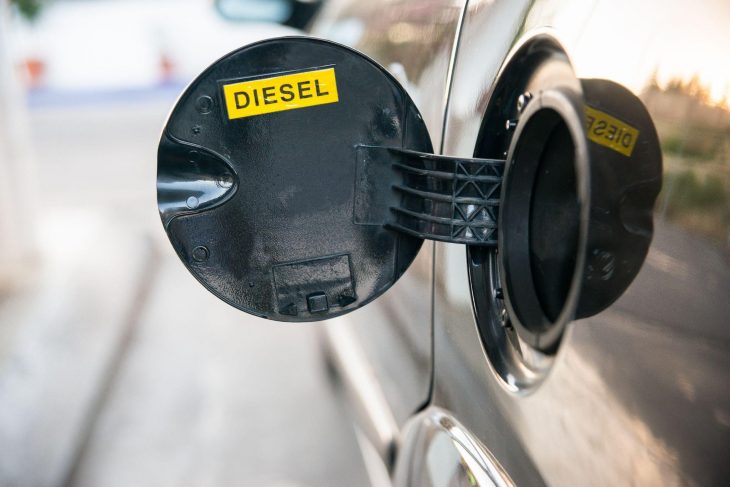Diesel engines are known for their power and fuel efficiency. Diesel fuel contains more energy than unleaded fuel. These vehicles can go about 20% to 35% farther on a gallon of fuel than gasoline-powered vehicles.
Pent-up demand and supply chain issues have led to higher fuel prices, which can take a hefty bite out of your budget, especially if you spend a lot of time in your vehicle. If you’re looking to save some money at the pump, use these tips to increase diesel engine fuel efficiency to the max:
- Fill Up Your Tires
Low tire pressure can sap your engine’s fuel efficiency on and off the road. When there’s not enough air in the tires, your engine will need to work harder than usual. The excess rubber limits how far your vehicle will go with every rotation. Check the user manual to see what the optimal tire pressure should be. Check your tires before you get behind the wheel to avoid paying more at the pump. It’s estimated that you lose 1% fuel economy for every 10 PSI that your tire pressure is underinflated.

Certain types of tires can also affect your mileage. Large tires with thick tread patterns for keeping dirt and mud at bay often sap fuel efficiency. The engine will need to work hard to move these large pieces of rubber, so avoid using off-road tires unless you really need them.
- Maintain the Engine and Fuel System
Diesel engines use compression to generate power. These systems rely on a complex network of parts that keep the air-fuel mixture under pressure. Watch out for warning signs that your engine needs repairs, such as rough idling, hard start, misfiring, declining fuel efficiency, or white smoke coming from the exhaust. This usually means you need to repair or replace the diesel parts in your engine.
If your spark plugs are dirty or too hot, the engine may fail to fire altogether. The same is true of your diesel fuel injectors, which deliver the fuel into the intake manifold. If the O-ring breaks, fuel could leak out of the exhaust.
The EGR system is crucial for making sure your engine doesn’t overheat. It delivers a coolant to lower the temperature of the exhaust gas to help the engine run as efficiently as possible. If the EGR cooler fails or corrodes, you may hear a hissing sound coming from the engine or white smoke coming from the exhaust. Find replacement EGR coolers to prevent a decline in fuel efficiency.
Don’t forget about your other responsibilities as well, such as changing the oil to improve lubrication, changing the air and fuel filters, and using additives in the winter to avoid gelling.

- Use the Turbo Wisely
Turbochargers have become the preferred choice in the diesel industry, but overusing your turbo will lead to high fuel costs. When you hit the turbocharger, it forces more air and fuel into the cylinders, which leads to more fuel consumption. The turbo must supply the correct ratio of air and fuel to power the engine. If these levels are off, the engine will run lean, which improves fuel efficiency while forcing the engine to run hotter than normal, leading to permanent damage.
Avoid accelerating too fast or the turbo will launch into overdrive. Under normal circumstances, turbos are supposed to offer improved engine performance with low fuel consumption, but only if you use this feature when necessary. Otherwise, you could turn your vehicle into a gas hog.
Make sure your turbocharger is working properly. The O2 sensor should be able to record oxygen levels. Watch out for warning signs that the turbo needs to be repaired, such as turbo lag. Find replacement 6.0 VGT actuators to make sure the engine is supplying the right amount of turbo boost based on operating conditions.
- Adjust Your Driving
Bad driving habits will cost you more at the pump. Avoid letting your engine run for minutes on end during the warmup process. It’s important to let the oil run through the engine during the winter before hitting the road, but over-idling is usually just a waste of good fuel.
Revving the engine is never a good idea, even if it means you won’t be the center of attention. Shift gears slowly to avoid overworking the engine for no reason.
Experts say driving over 55 mph usually lowers fuel efficiency. Give yourself more time to get to your destination to keep your fuel efficiency intact. Keep the windows slightly open at peak speeds to reduce drag.
Gradually adjust your speed when navigating traffic. If you come to a sudden stop, all that fuel will go to waste. Keep a longer following distance to give yourself more time to stop.
Every diesel engine comes with a cruising sweet spot that will help you lower your fuel consumption when traveling at consistent speeds; it’s when the torque is working at maximum efficiency to accelerate the vehicle. Use cruise control whenever to reduce consumption on the highway.
You should also lower the weight of the vehicle as much as possible. Take out all that camping gear you’ve been towing around if you don’t plan on using it anytime soon.
Diesel engines aren’t meant to be driven like a traditional gasoline-powered vehicle. Go easy on the throttle and treat the engine with care.
Keep a Cap on Your Fuel Expenditures
There are lots of ways to improve fuel efficiency when driving a diesel vehicle. Continue monitoring your fuel efficiency as you implement these changes. It’s one of the best ways to make sure your engine is running properly. Keep these tips in mind as the price of fuel continues to go up.





